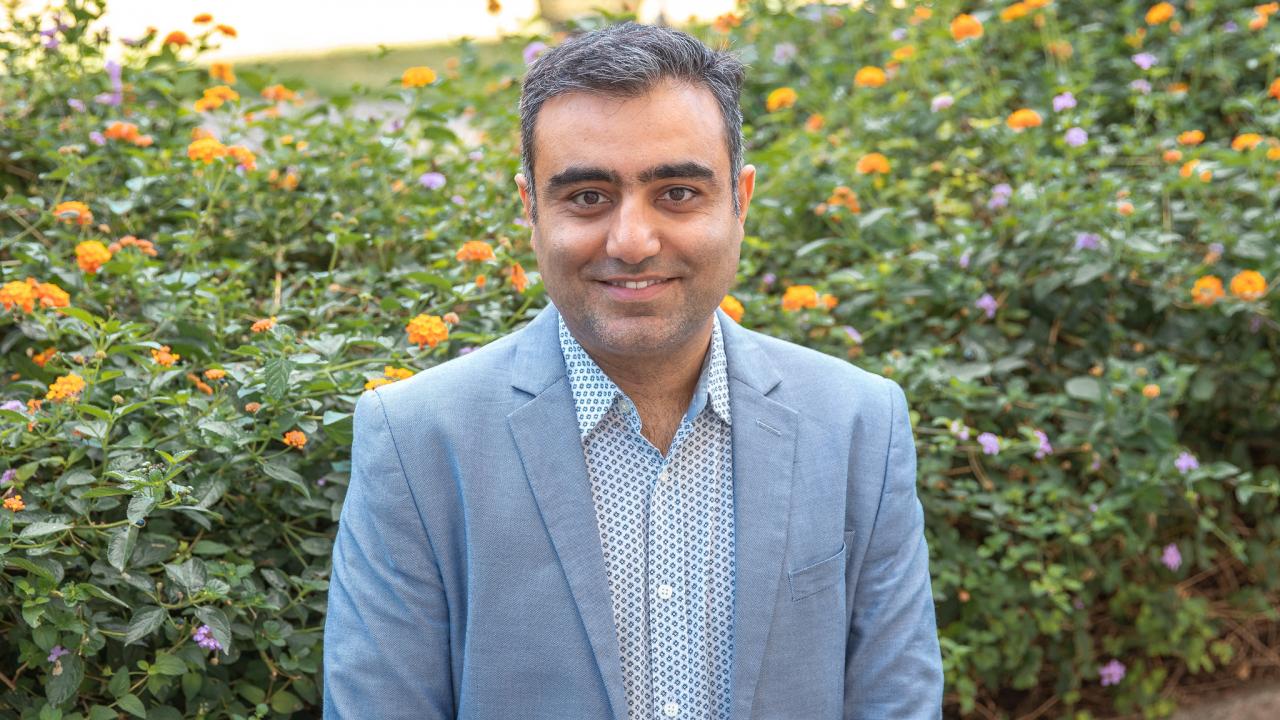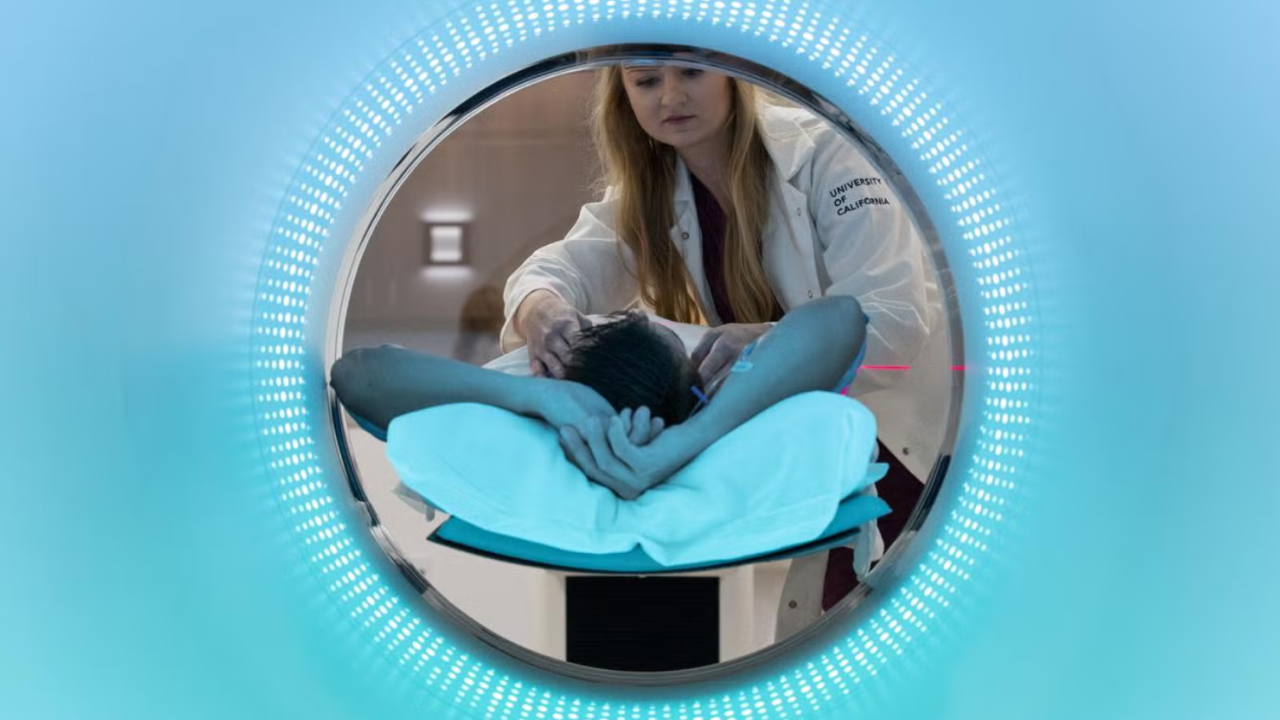
UC Davis CHEST Center
Bolstering cybersecurity efforts nationwide
What started as a hobby in security hardware for Houman Homayoun has grown into a cybersecurity consortium led by the University of Cincinnati in partnership with several other national universities, including the University of California at Davis, Northeastern University, the University of Connecticut, the University of Virginia and the University of Dallas.
Since 2019, when Homayoun joined the Department of Electrical and Computer Engineering as an associate professor, he has served as the site director for the National Science Foundation Center for Hardware and Embedded Systems Security and Trust (CHEST). His research focus is in the broad area of computer engineering, with an emphasis on hardware security and trust, computer system security, heterogeneous computing and energy-efficient computing. The U.S. House of Representatives also recently approved a $3million grant to help ensure that the center can continue its efforts to establish whole-of-government and whole-of-nation cybersecurity best practices.
"When you background is in computer architecture like me, you become an expert in how computer design and computer systems work,” said Homayoun. “I gradually moved from the application of computer architecture to focus on security when I had an idea to design electronics resilient against reverse engineering attacks.”
The mission of the CHEST Center is to address the research challenges that industry faces in the design, protection and resilience of hardware from the security vulnerabilities associated with electronic hardware and embedded systems. The ultimate goal is to develop a much-needed workforce for government and industry in security hardware. The center aims to coordinate university-based research with the needs of industry and government partners to advance knowledge of security, assurance and trust for electronic hardware and embedded systems.
“There is not a large presence of hardware security research within universities on the West Coast. UC Davis is in a good position as an established hardware security center because they are close to the Bay Area,” said Homayoun. “As a result, we are able to have a strong presence with our alumni and an established connection with those companies who have projects around hardware security.”
Homayoun and his team have recently been awarded two new projects that focus on developing new methods to detect hardware trojans, a malicious modification of the circuitry of an integrated circuit. The team uses frequency profiling of fabricated chips and develops a cognitive solution to automatically identify the best strategy to prevent reverse engineering.
He has also recently received funding to develop models for the COVID-19 pandemic, looking at community spread and mitigation measures for better and scalable policy alternatives to full lockdown. The solutions his team are deploying for the COVID-19 pandemic model are inspired by a similar model they developed for malware epidemics containment in Internet of Things (IoT) networks.
UC DAVIS STUDENTS BECOME EXPERTS IN HARDWARE SECURITY
The CHEST center at UC Davis supports ten Ph.D. students. Homayoun says he looks forward to the center growing through additional faculty and student involvement.
Homayoun says he owes much of his early success in hardware security to Kerry Bernstein from the Defense Advanced Research Projects Agency and Len Orlando from the Air Force Research Laboratory, who were his project managers at the time.
“Kerry was truly instrumental to my success in preventing reverse engineering attacks in hardware security,” said Homayoun. “Initially I was investigating new device technology in microprocessors to reduce their power consumption. However, I thought the same technology could be adapted to prevent hardware reverse engineering of integrated circuits. I pitched the idea to Kerry and Len, and after many conversations, meetings and technical discussions, we moved to a successful design of the concept.”
all six universities in the consortium. (Houman Homayoun/UC Davis)
The CHEST Center is funded by a combination of National Science Foundation grants and memberships by industry and non-profit institutions, and the center coordinates university-based research with partner needs to advance knowledge of security, assurance and trust for electronic hardware and embedded systems. This center currently has more than 20 industry partners committed to provide funding to the center including the Air Force Research Laboratory, Booz Allen Hamilton, the Commonwealth Center for Advanced Logistics Systems and Raytheon Technologies.
Homayoun also teaches three courses for undergraduate students is the director of the Accelerated, Secure and Energy- Efficient Computing Laboratory (ASEEC) in the electrical and computer engineering department. This lab investigates secure, energy-efficient and high performance computer architecture design.
“Our students have really become experts in hardware security; they are publishing excellent papers and winning various awards. Essentially, we are building a strong pool of human resources for companies who are looking to hire,” said Homayoun. “UC Davis receives a strong pool of Ph.D. applicants which is fundamental to making our projects successful – if the students are able to execute the projects successfully then we will be successful in sustaining our center.”
This story was featured in the Fall 2020 issue of Engineering Progress.




